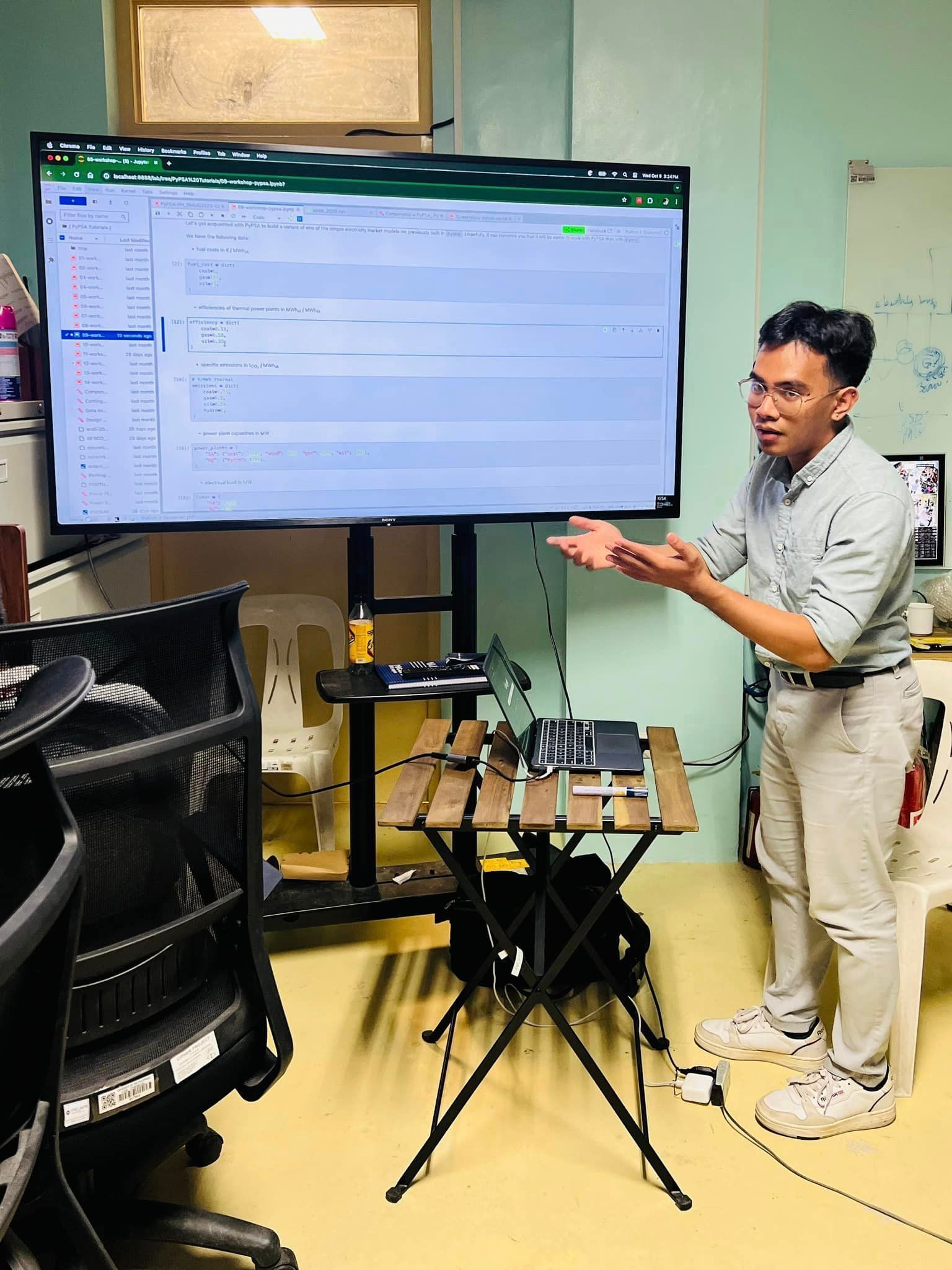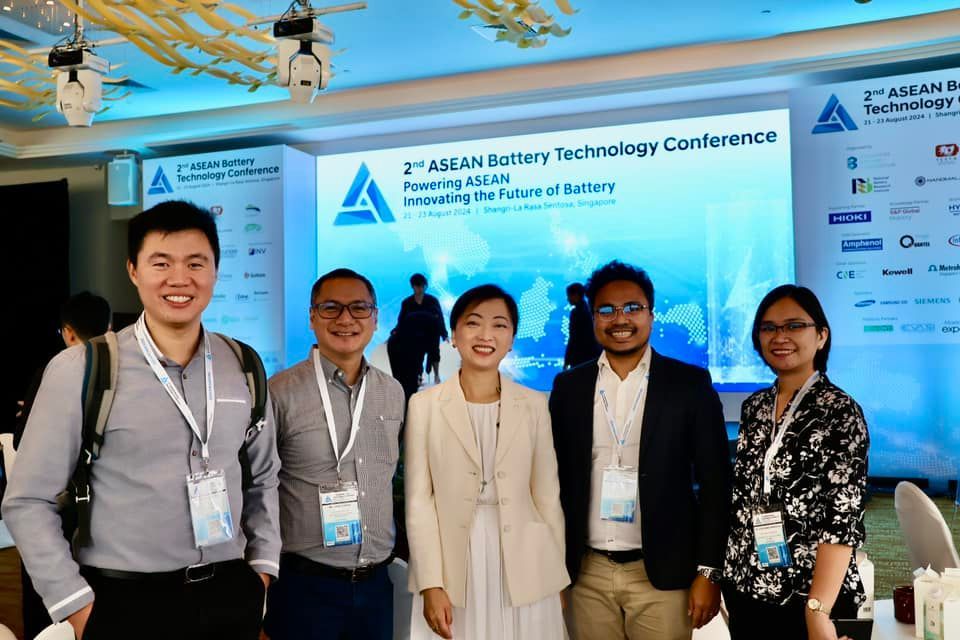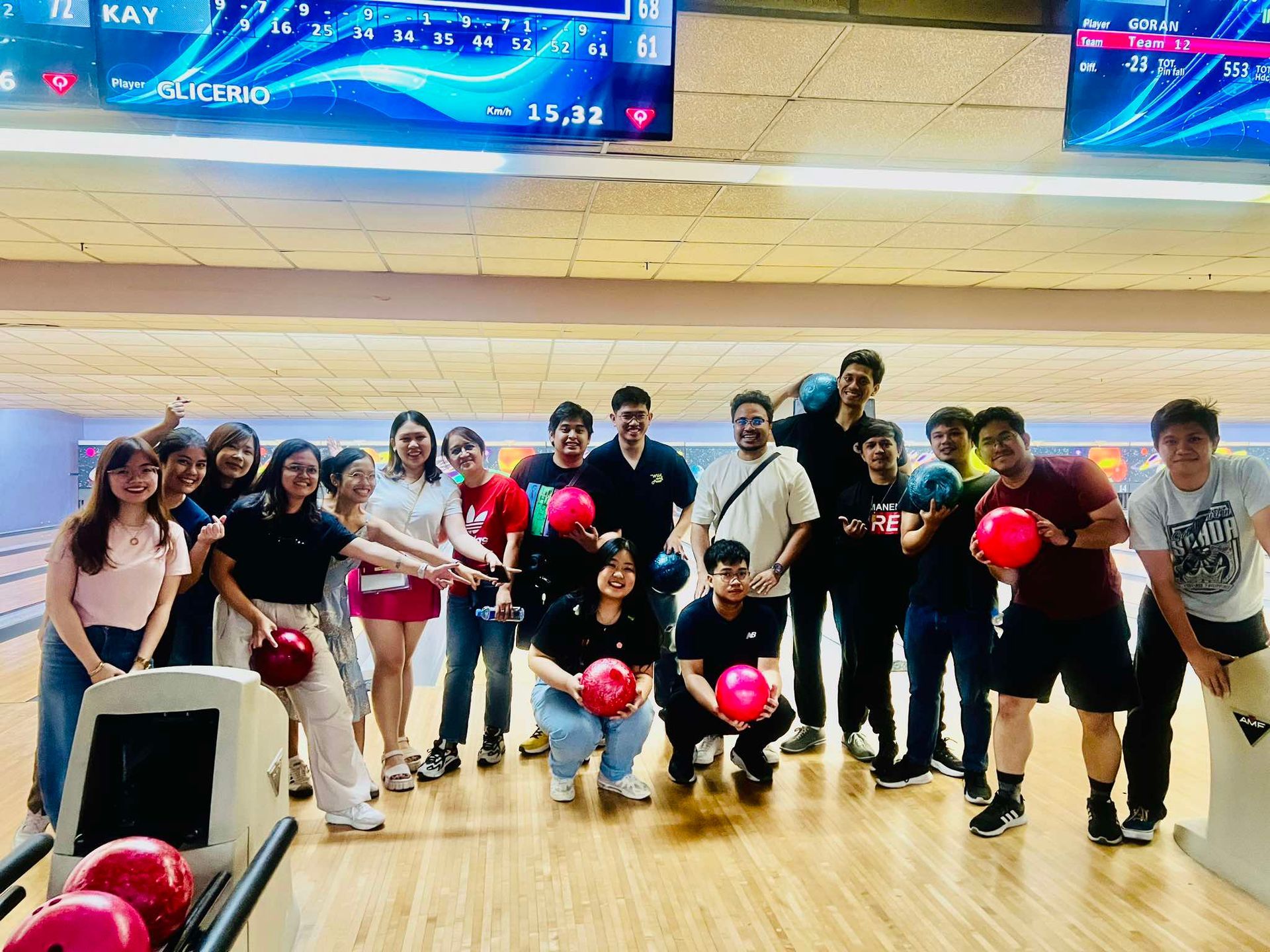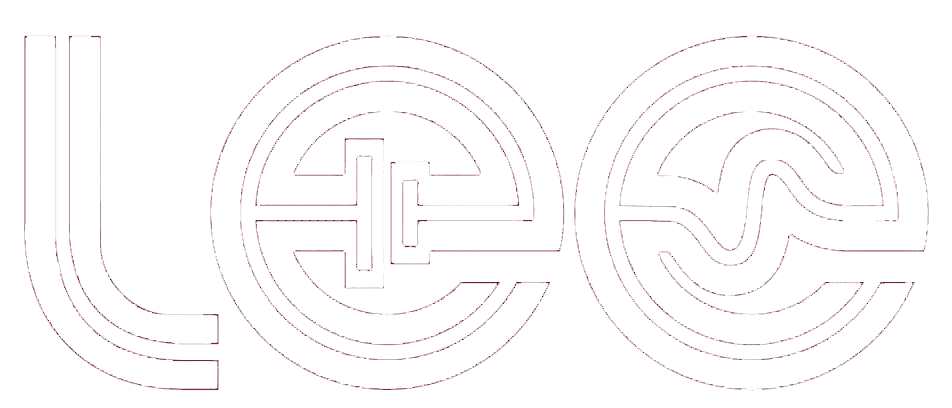Dr. Trencher of Japan’s Tohoku University talks about Japan’s Hydrogen masterplan

LEE hosted the visit of Dr. Gregory Trencher, an associate professor from Tohoku University, Japan following a lecture at the Audio-Visual Room, National Engineering Center, University of the Philippines – Diliman last February 20. It was attended by UP professors, graduate and undergraduate students as well as junior high school students from the John Dewey School for Children.
The lecture is about Japan’s Pursuit of a Hydrogen Society, a master plan in adopting a hydrogen economy towards the year 2040. It began with the introduction of hydrogen life cycle noting that the generation of this resource is currently mainly from fossil fuel source such as coal and natural gas. The flexibility of hydrogen is also showcased in the discussion as it can be utilized for electricity generation, energy storage, or mobility applications. The country’s roadmap is mainly focused on fuel-cell vehicles (FCVs) which is divided into three-phases: (1) Diffusion of FCVs and hydrogen power stations, (2) mass production and gradual integration to power generation, (3) full integration to transport sector and carbon-free hydrogen production. The argument was that the main challenge of diffusing FCVs is the lack of infrastructure similar to that of gasoline stations. Japan is tackling this challenge by giving subsidies and sharing risk across industries. The most interesting in Japan’s approach is that the companies behind the usage and consumption of diesel and gasoline is at the forefront of hydrogen transition. This is evidenced by the development of the Toyota Mirai and Honda Clarity, both big names in the automotive industry. The lecture was closed with a brief presentation on the partnership between Australia and Japan to develop an international supply chain for the short-to-midterm solution on the hydrogen supply.





